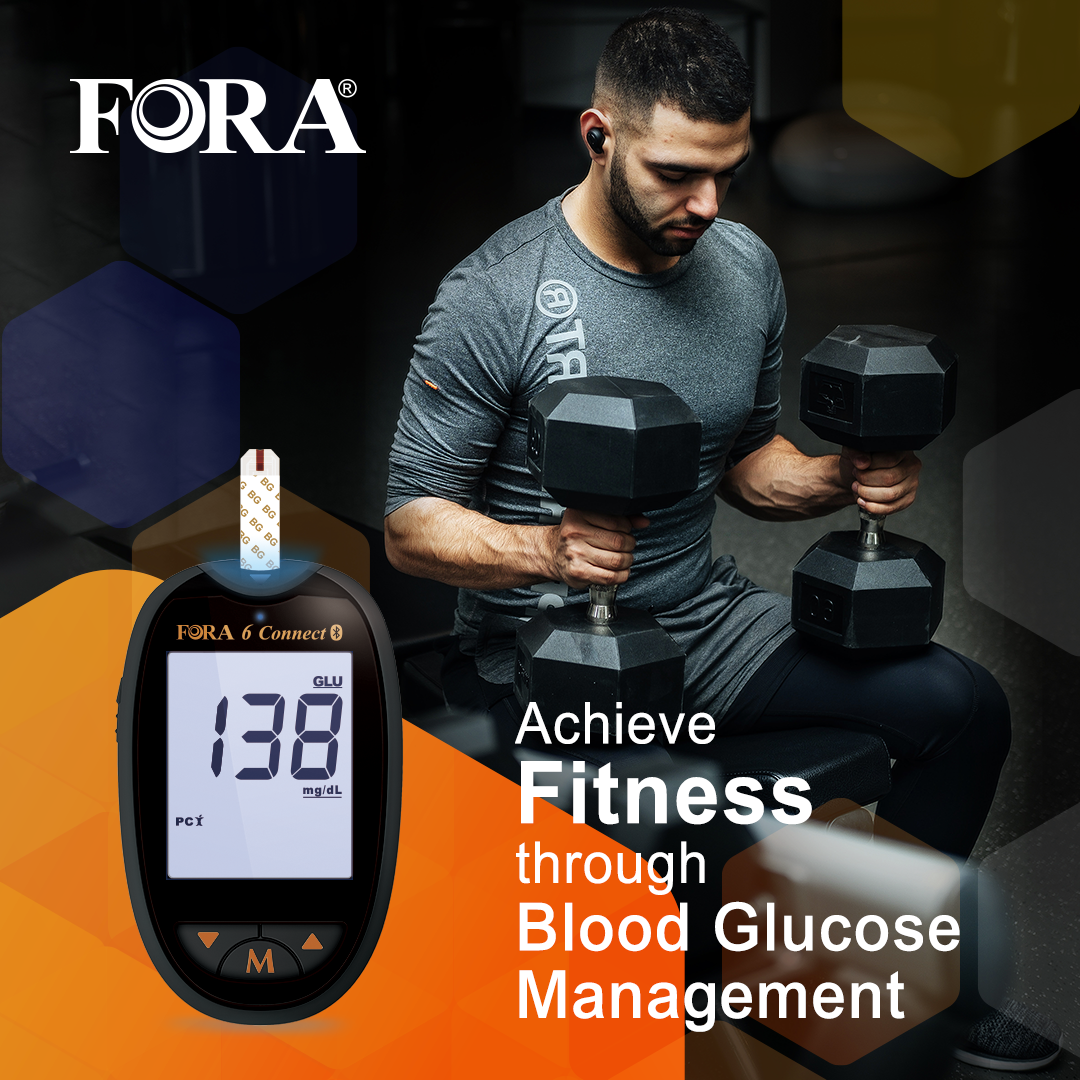Contributions of Blood Sugar Management to Better Exercise Efficiency

Maintaining a healthy blood sugar level is important for everyone, offering a range of benefits such as providing a stable energy supply for your day-to-day, and even keeping your heart healthy. However, when it comes to the relationship between blood sugar and fitness, there’s a lot that people don’t know. So in this blog post, we will explore the contributions of blood sugar management to better exercise efficiency.
What is Blood Sugar and Its Role in the Body
Simply put, blood sugar is the sugar, also referred to as glucose, which is found in your blood. It is derived from foods rich in carbohydrates, which your body breaks down to form.
Blood sugar is the main source of energy for your body. It works with a bodily hormone called insulin, which moves the sugar into your cells for energy. Therefore, as the base energy source, blood sugar is especially important for active people who want to keep fit.
How Blood Sugar Affects Exercise, Vice Versa
Every action requires energy, even the simplest act of pouring a glass of water. The consumption rate is multiplied when you exercise. The more intense or elongated the exercise session, the greater the amount of energy required.
Conversely, on a physiological level, when you work out, your muscles become more insulin sensitive. This means that they’re better able to absorb sugar from your blood and use it for energy. This increased absorption rate also means that you deplete your blood sugar at an increased rate!
Contributions of Blood Sugar Management
In the context of exercising, proper blood sugar management provides multiple benefits.
1. Sufficient Energy For Complete Workout
Proper blood sugar management ensures that you have sufficient energy to complete your workout at your intended intensity. A common misconception is that you just need to eat some carbohydrates before a workout, and you’ll be good to go. However, if your blood sugar is already low, you may run out of steam halfway through your exercise routine.
2. A Safer Workout Experience
Proper blood sugar management mitigates the dangers of hypoglycemia throughout your workout. Hypoglycemia is induced when your blood sugar levels are low, and you may experience symptoms such as dizziness, weakness, blurred vision, or even passing out.
3. Consistently Stable Blood Sugar Levels Yield Greater Benefits
Studies have observed that people with consistently high blood sugar levels may enjoy less benefit from exercise than people whose blood sugar levels are under control. Therefore, it is important to keep your blood sugar levels in a healthy range, so that you can reap the rewards of your workout routine.
Blood Sugar Management Tips
You can do a few things to keep your blood sugar levels in check and ensure you’re getting the most out of your workout.
1. Adopting a healthy, balanced, and routine diet
A healthy balanced diet ensures that you can keep your blood sugar at a healthy level across the course of the day, while avoiding issues that arise from the two extremes of low or high blood sugar levels.
2. Taking a Pre-Workout Meal
To ensure sufficient energy supply for intense exercise, you can consume complex carbohydrates 2–3 hours in advance of your workout, or simple carbohydrates 30–60 minutes in advance.
3. Measuring Your Blood Sugar
The most direct way to know your blood sugar level is to measure it. Using a FORA blood sugar meter, you can easily check your blood sugar levels to ensure optimum levels for a workout in just 5 seconds.